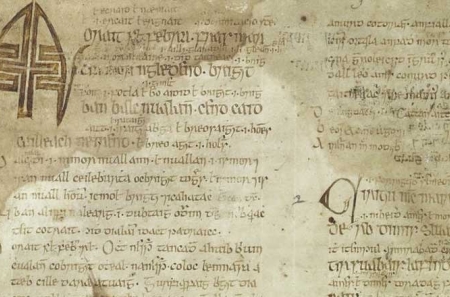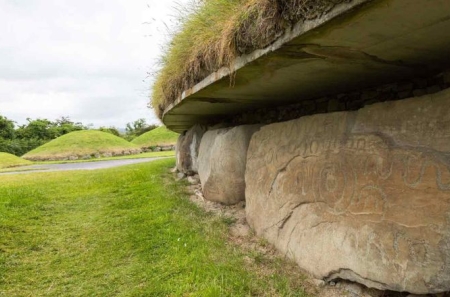
Sinn Féin is biggest obstacle to Irish unity
19 July 2021Liam Kennedy's article One Island, Two Peoples: Ethical Perspectives on Ireland's Consitutional Future has been published by the ARINS (Analysing and Resarching Ireland North and South) project.
Irish unity is in the air. Irish unity is inevitable. Apart from the philosophical problems with such assumptions, there is the overhanging legacy of the ‘Troubles’. This raises awkward ethical issues about the pursuit of Irish unity and the ethical foundations of a new constitutional arrangement for the whole island. Unless there is an open acknowledgement of responsibility for the Troubles by the principal historical actors, it is difficult to see how northern nationalists and Ulster unionists might contentedly cohabit within an all-Ireland state. A disavowal of past violence, it is argued, is an essential part of laying the moral foundations for a new Ireland. A recent UN report, Promotion of Truth, Justice, Reparation and Guarantees of Non-recurrence, offers some ethical and practical guidelines as to how this might be effected.
Liam Kennedy is at the Institute of Irish Studies, Queen's University Belfast and his article One Island, Two Peoples: Ethical Perspectives on Ireland's Consitutional Future is available open access in Irish Studies in International Affairs on JSTOR. He wrote an opinion piece on the same topic which was published in The Irish Times.
ARINS is a joint project of The Royal Irish Academy, an all-island body, and the Keough-Naughton Institute for Irish Studies at Notre Dame's Keough School of Global Affairs, a research institute of international standing. We seek to engage recognised experts across the spectrum of disciplines, perspectives and points of view, inviting contributions in the form of academic papers, blog posts, and proposals for partnerships.
Research and analysis will focus on three broad areas:
- Political, constitutional and legal questions
- Economic, financial, social and environmental questions
- Cultural and educational questions



